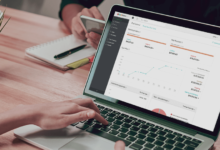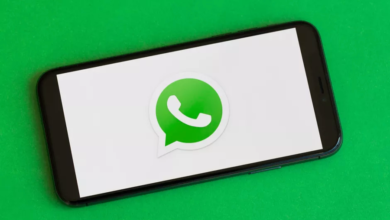5 Tips for Securing Your Business Emails

A business might send hundreds or even thousands of emails per day. It’s easy to lose sight of security among all that noise, and emails often represent the soft underbelly of a cybersecurity program. While emails can be risky, a few simple steps will increase security exponentially.
Related: What Causes the Communication Error in Email?
1. Passwords need changing more than you think
Passwords are the number one security issue facing email accounts. Most people are aware that they need to change their passwords often, but many simply don’t follow through. You should ideally change your password every 60 days if not more, depending on the type of sensitive data that your company handles. The type of password is just as important. Always include at least one uppercase letter, one special character (like an exclamation mark) and avoid common words – especially names.
2. Avoid attachments
Attachments are the corridors through which viruses and malware enter a computer. From there, they can spread to infiltrate the whole of your network, leading to data theft, network downtime and even ransomware attacks. The bulk of these threats arrive via dubious email attachments. Some businesses ban attachments altogether, others only accept them from a select number of contacts. Cutting down on attachment reliance (even if it means pasting some information into the body of emails) shuts down a major channel of infection.
Related: iOS 14: How to Setup Default Email and Browser App
3. Bolster cybersecurity
Emails don’t exist in isolation. To make them more secure they need to function at the heart of a robust cybersecurity strategy that protects your business from all the latest threats. Firewalls and email filters are both important, but many businesses opt for a more comprehensive approach. IT services like the ones provided by Data Cube Systems will always include a cybersecurity element. Putting your business’s security in the hands of IT specialists is beneficial because they will have access to all the latest software and, even more importantly, be up to date on the latest methods used by hackers.
4. Avoid public WiFi
Public WiFi is attractive and convenient. It saves mobile data and means that you can quickly check your emails in a cafe or other public space. Unfortunately, it’s also extremely unsafe and vulnerable to attacks. Public WiFi has no protection, so you should always avoid logging onto your email account, sending or replying to emails while connected. Instead, wait until you can log on to a secure private network (complete with firewalls and protection) before you access or share sensitive data.
Related: How to use the LastPass password manager?
5. Remember that phishing takes many forms
Most people can spot a classic phishing email, but hackers have advanced a great deal over the years. There are lots of different types including spear fishing (which takes a personalized approach, making the email seem directed just to you), smishing (this targets email and text messages at the same time) and even whaling (highly targeted emails to business leaders).
Make sure that you keep up to date with the nature of these threats. If you’re in a management position, ensure that employees are aware of the ever-changing cybersecurity landscape.











One Comment